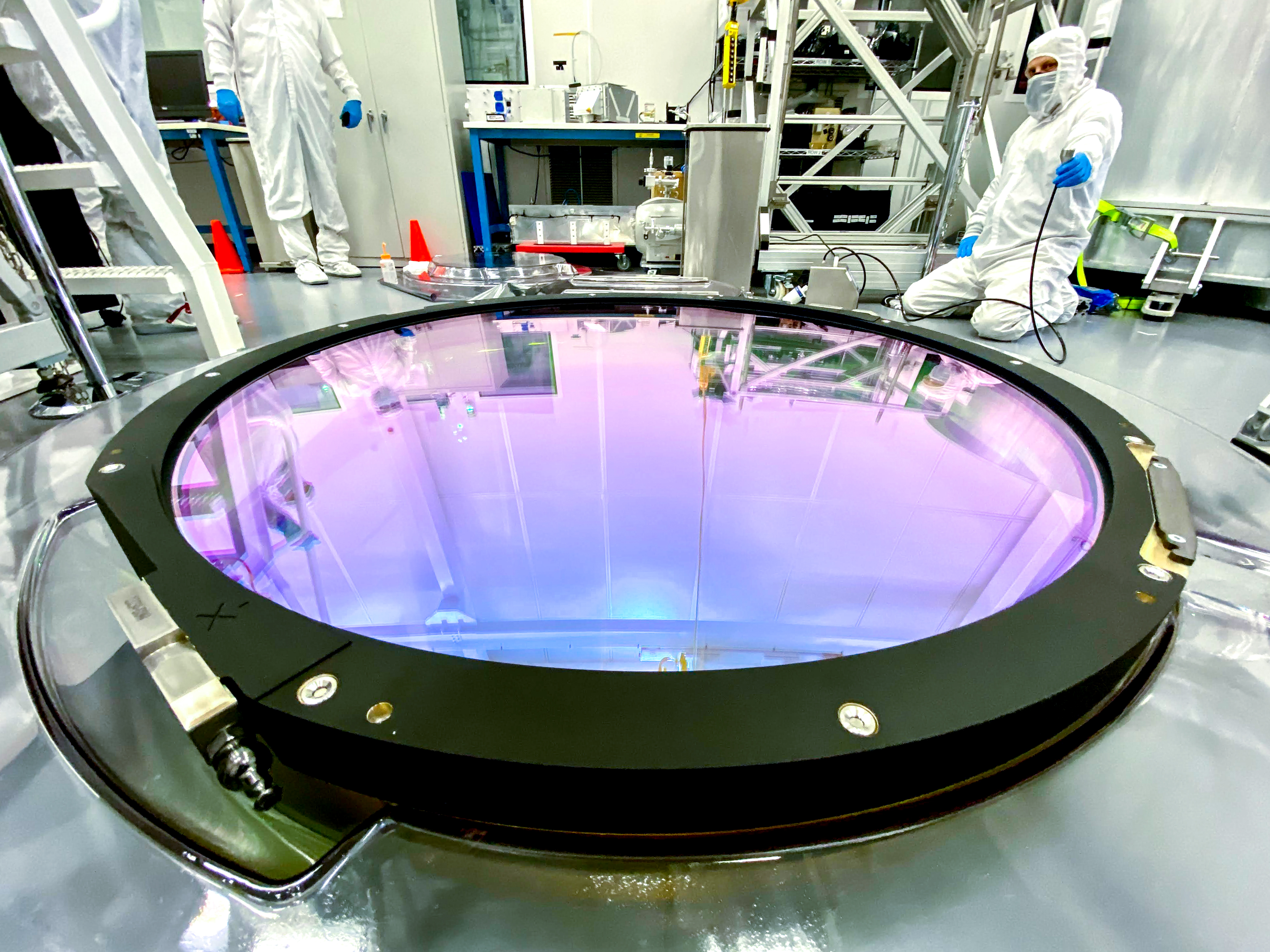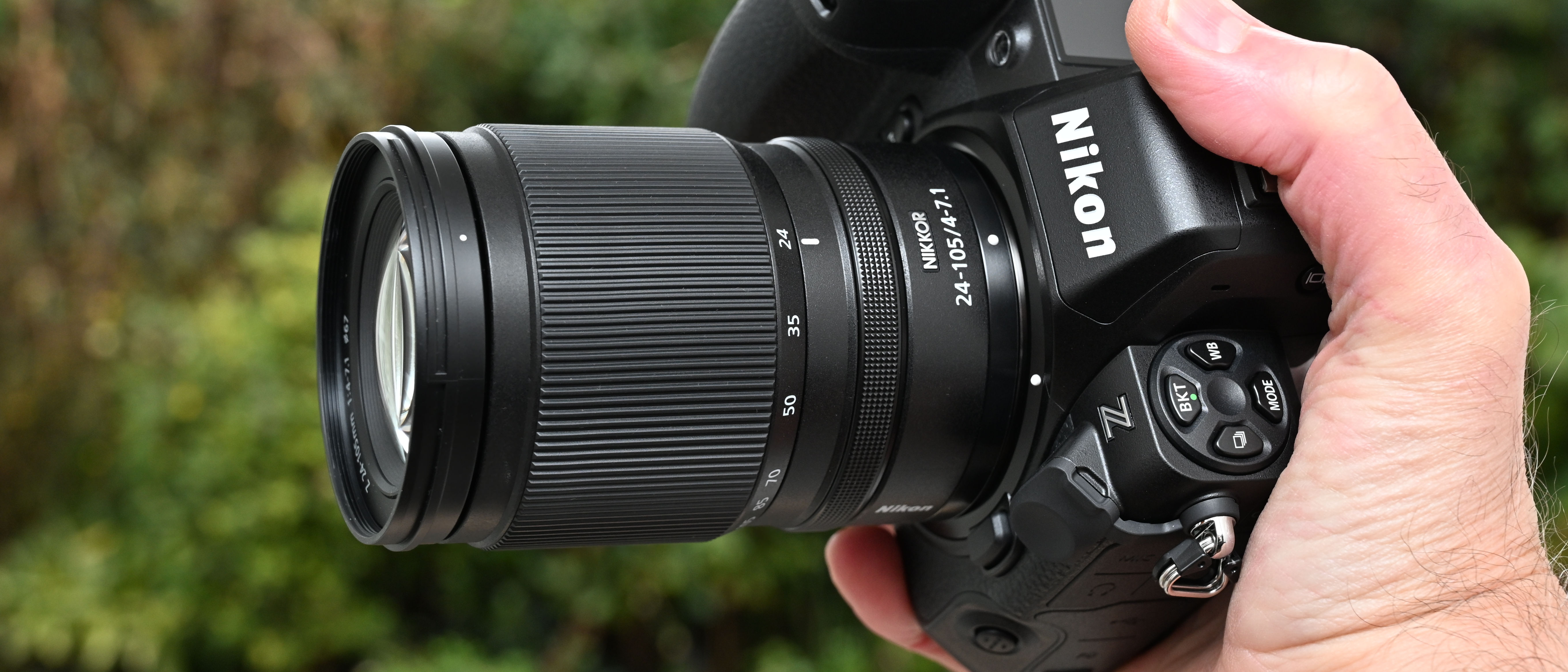World's largest digital camera expected to shoot the Milky Way
With colossal specifications including a 3.2 gigapixel resolution sensor, the world's largest camera is preparing to scan space

The Legacy Survey of Space and Time (LSST for short) is the name given to the world's largest digital camera in existence, boasting an astronomical 3.2 gigapixels of resolution. The purpose of this device will be to survey the stars capturing images that can tell us more about the milky way and the nature of dark matter.
Measuring roughly 5.5 x 9.8 feet and weighing almost a whopping 6,200 pounds, the camera is positioned in the middle of the telescope including its own filter-changing mechanism and shutter. It is a large-aperture, wide-field optical imager, designed to provide a 3.5-degree field of view.
• Read More: How to photograph the Moon
Development of the beastly camera has been underway for several years, with complications due to the pandemic having added an unfortunate delay. (Read our previous news update on the world's largest camera). However, the scheduled transportation and installation will yield results as early as 2022 and produce an unprecedented data set for studies of the deep universe.
Currently residing in California, the colossal camera is set to be relocated for installation at a mountaintop in Chile – specifically the Vera C Rubin Observatory, which was previously referred to as Large Synoptic Survey Telescope. This will enable the LSST to be put to intensive work scanning the southern sky, capturing images that will provide astrophysicists with a complete regional portrait of the sky roughly once a week.
By collecting data on the shapes, colors and whereabouts of objects in space, images taken by the LSST every 15 seconds will permit researchers to monitor near-earth asteroids and the potential to discover entirely new cosmos phenomena. The camera is also enabled to record the time evolution of these sources, creating potentially the first ever motion picture of our universe.
Read More:
The best camera deals, reviews, product advice, and unmissable photography news, direct to your inbox!
Best cameras for astrophotography
Best CCD cameras for astrophotography
Best lenses for astrophotography
Best telescopes

Beth kicked off her journalistic career as a staff writer here at Digital Camera World, but has since moved over to our sister site Creative Bloq, where she covers all things tech, gaming, photography, and 3D printing. With a degree in Music Journalism and a Master's degree in Photography, Beth knows a thing or two about cameras – and you'll most likely find her photographing local gigs under the alias Bethshootsbands. She also dabbles in cosplay photography, bringing comic book fantasies to life, and uses a Canon 5DS and Sony A7III as her go-to setup.
